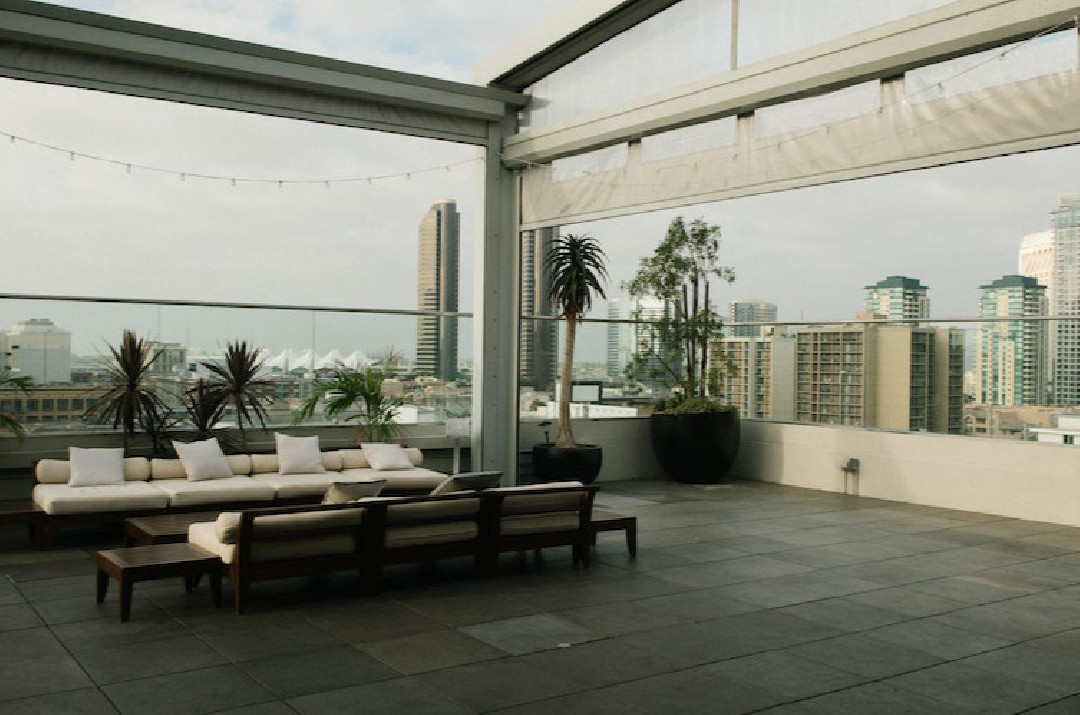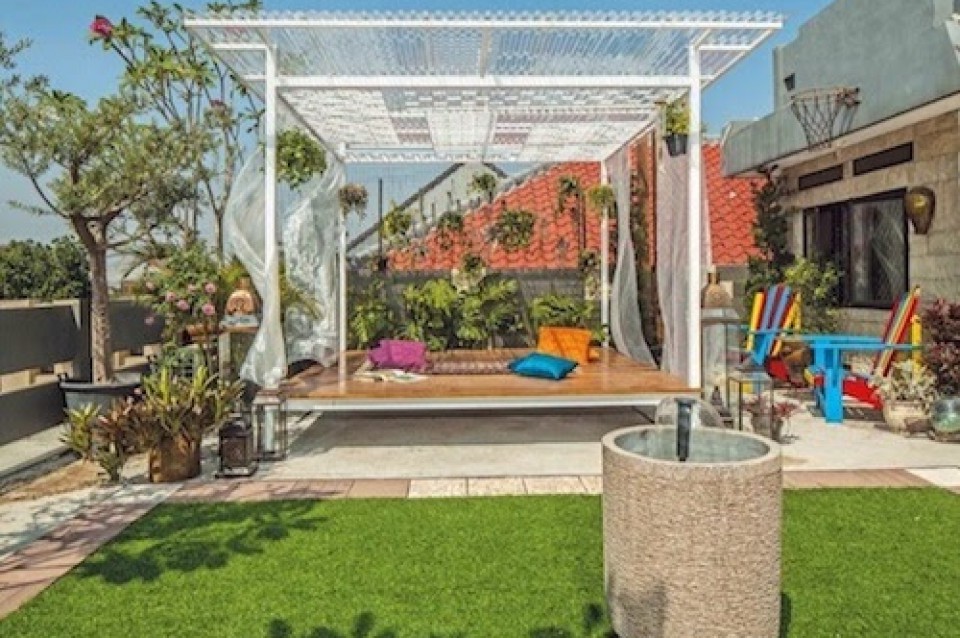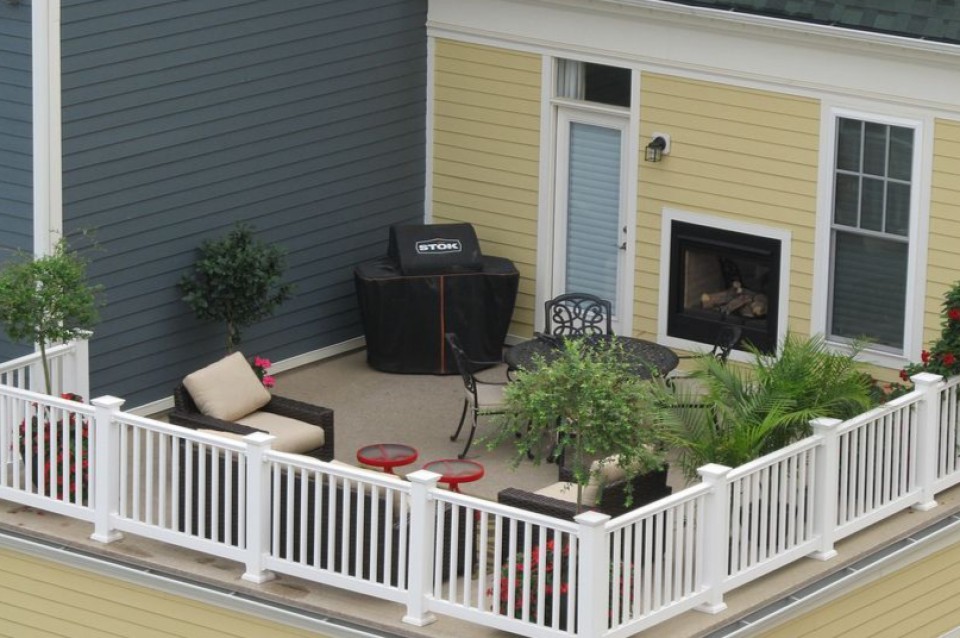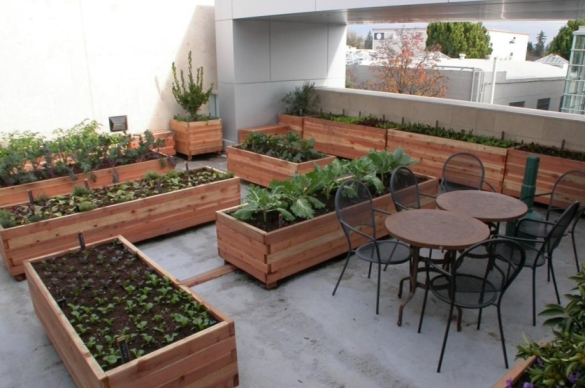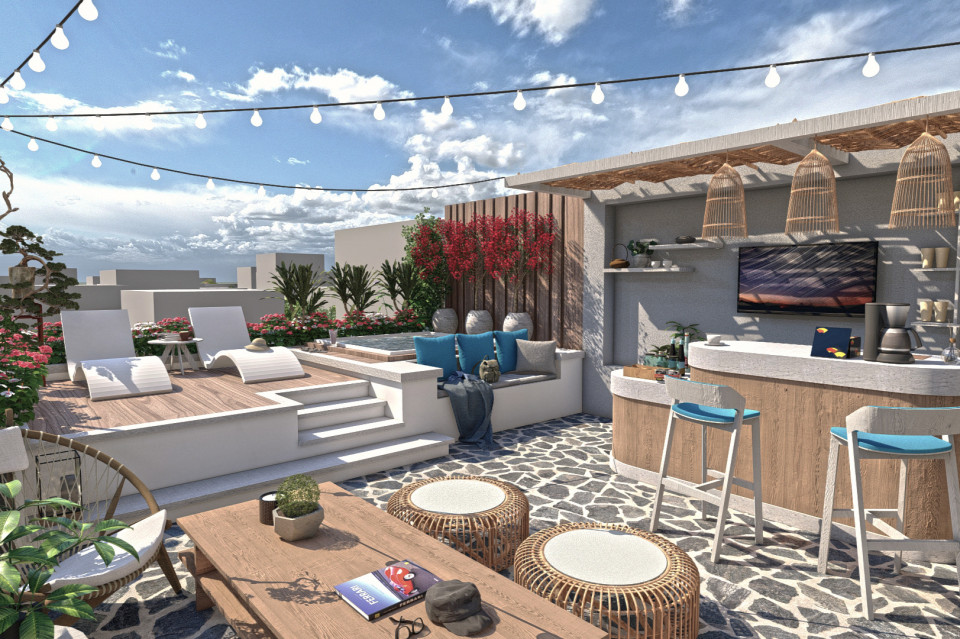The Pros and Cons of Different Types of Roofs: Which One is Best for You?
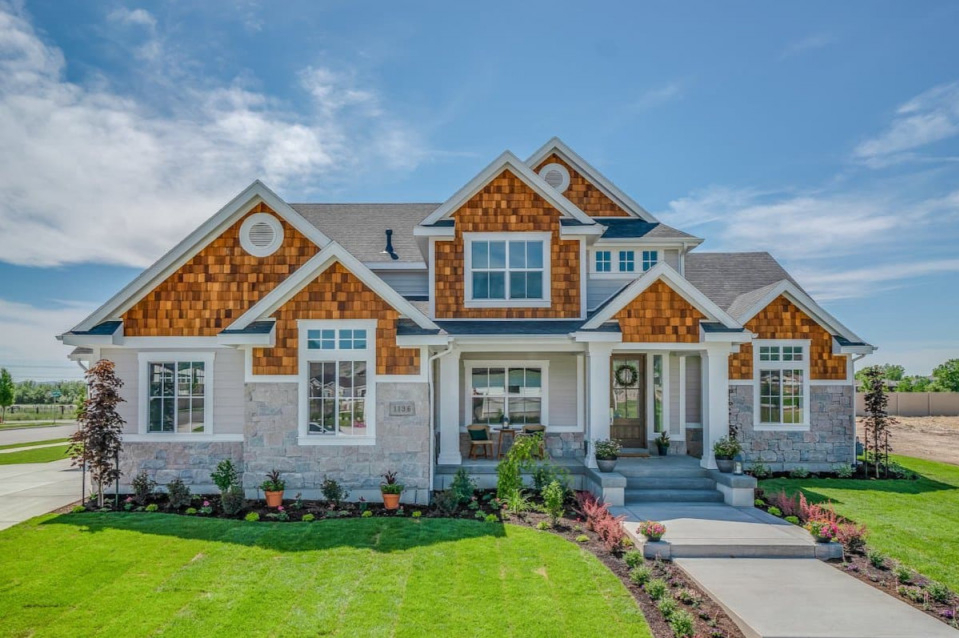
Choosing the right type of roof can significantly improve your property’s appearance and value. But with several options available, it can be tricky to choose one. If you’re looking to replace yours today, we have identified the different types of roofs and their pros and cons.
Our in-depth guide will help you understand how each roof type measures up against others. It will also help you decide which is best for your home’s needs. Read on to find out which type of roof is best for you.
Asphalt Composition Shingles Roofs
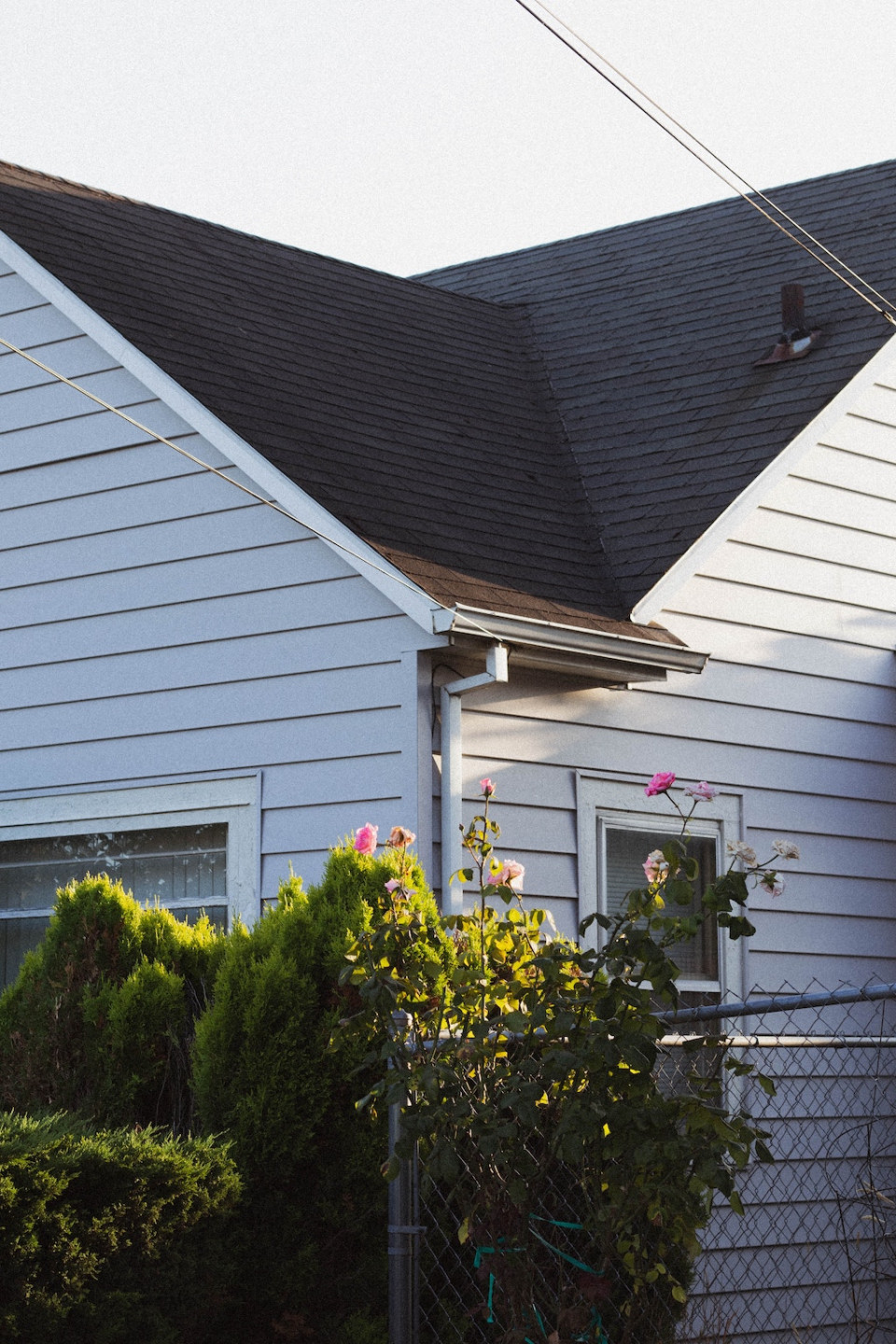
source : unsplash.com
Asphalt shingles are among the commonest type of roofing material you’ll find across the nation. They comprise about 80% of most residential roofs in America and across its northern borders.
Asphalt shingles are a great option for many homeowners because of their versatility, durability, and availability.
Pros
- Asphalt shingle roofs are relatively affordable, strong, durable, and light.
- The composition shingles are available in various colors and styles.
- They are available in premium options with more color shades to suit specific styles and preferences
- Asphalt shingle roofs are fire-resistant and can protect the home from mold, fungi, and algae growth
- They are easy to repair or replace in the event of damage.
Cons
- They may not perform well during heavy winds, hailstorms, or strong windstorms.
- Installation requires skills, expertise, and experience. Hiring an unprofessional installer can lead to leaks and other roofing disasters.
- They are not the most durable option, although they can last up to 20 years with proper maintenance.
Metal Roofs
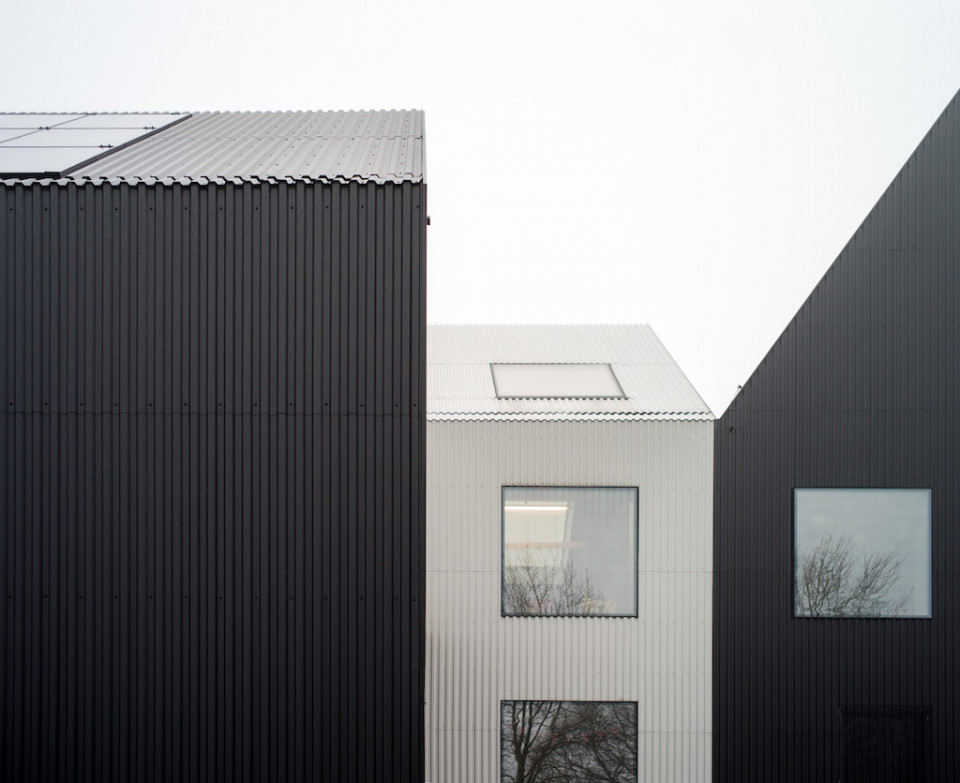
source : unsplash.com
Metal roofs are a common option for many homeowners because of their flexibility, durability, and cost. They are mostly available in galvanized steel, corrugated, or flat steel options.
Pros
- Metal roofs are more durable and can last up to 30 years or more.
- Metal roofs require little to no maintenance, which helps homeowners save costs.
- They are environmentally friendly and 100% recyclable
- They can withstand heavy rain storms, hail storms, and heavy winds
- Metal roofs are fire-resistant and can protect the property from mold, mildew, and algae growth.
- They are energy efficient and can keep the home’s temperature moderate during summer months.
Cons
- Metal roofs are expensive and require experienced installers for an excellent outcome
- They can be noisy during the rainy season and may also creak due to expansion and contraction during the summer months.
- Replacing a damaged part of your metal roof may create a color imbalance and affect your property’s appearance.
Plastic Polymer
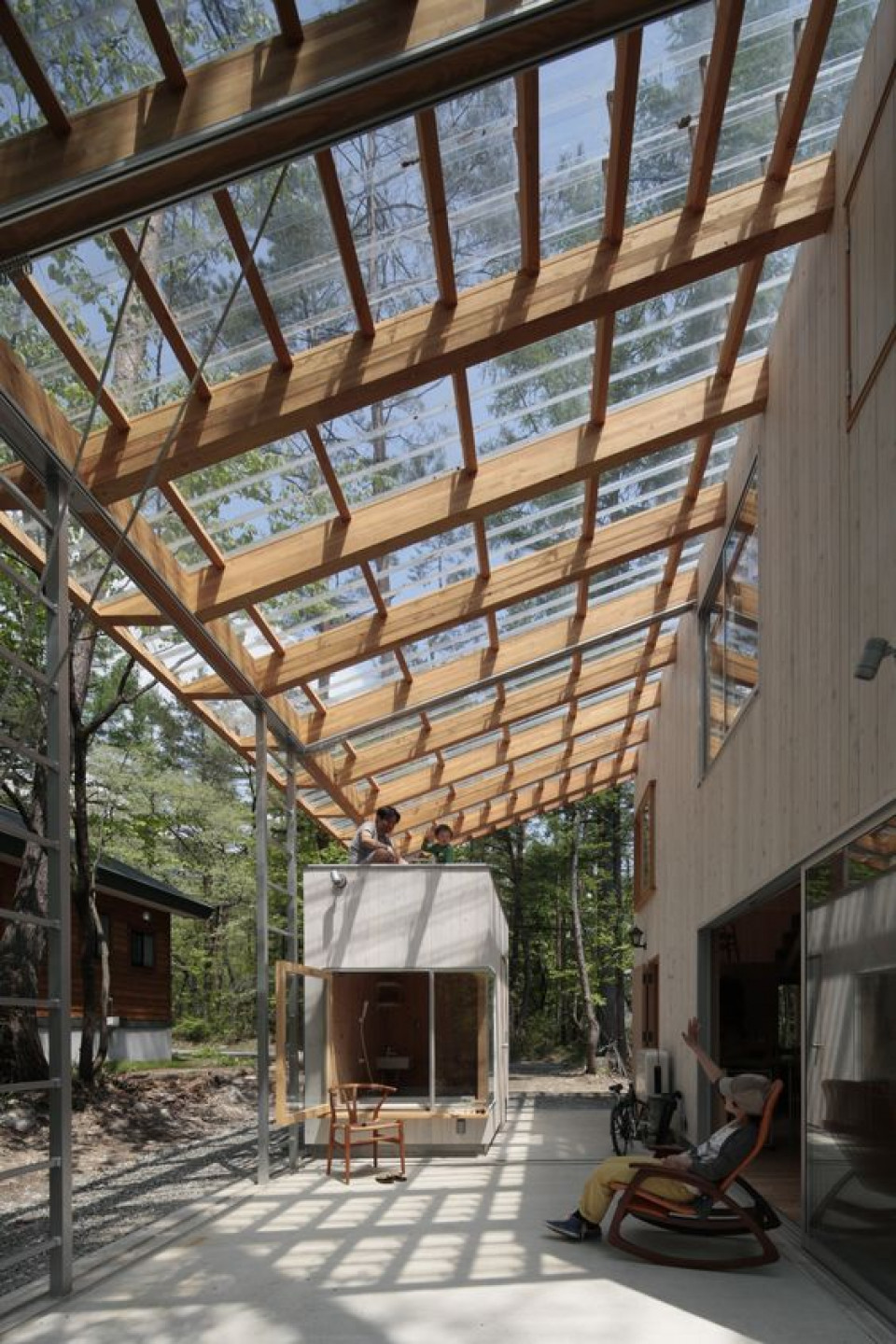
source : za.pinterest.com
Plastic polymer or PVC roofs are made from sheets or rolls of plastic. They are high quality, cheap, and durable under the right conditions.
Pros
- PVC roofing is a great choice for flat roofs, especially because of their waterproofing feature
- They are lightweight, easy to install, and affordable.
- They are environmentally friendly and 100% recyclable.
- PVC roofs are wind and fire-resistant.
- They do not burn easily, are easy to remove, and have durable seams to keep the home protected from mold and fungi growth.
Cons
- They are susceptible to leakages, especially when not properly installed
- They can trap water which encourages mold and mildew growth
- They do not perform well in colder climates as the PVC material becomes brittle and may crack or shatter upon impact.
Slate
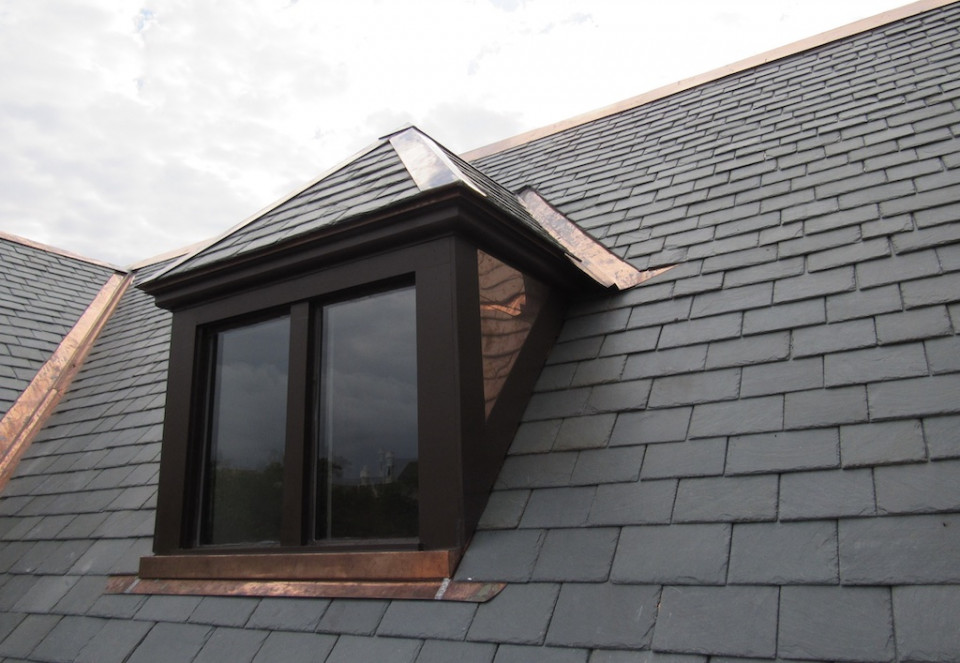
source : roofingmagazine.com
Slate roofing is among the classic options available on the market. They are not as common as they used to be some decades ago, however, they add improved aesthetics to the property.
Pros
- Slate tiles are aesthetically pleasing and durable
- They are fire and wind resistant, thus protecting the home during inclement weather conditions
- They are made from all-natural materials and are 100% recyclable.
Cons
- Slate tiles are expensive and require technical skills for proper installation.
- They are perfect for specific roof types, making them unsuitable for flat roofs or mildly sloped roofs.
Wooden Shakes
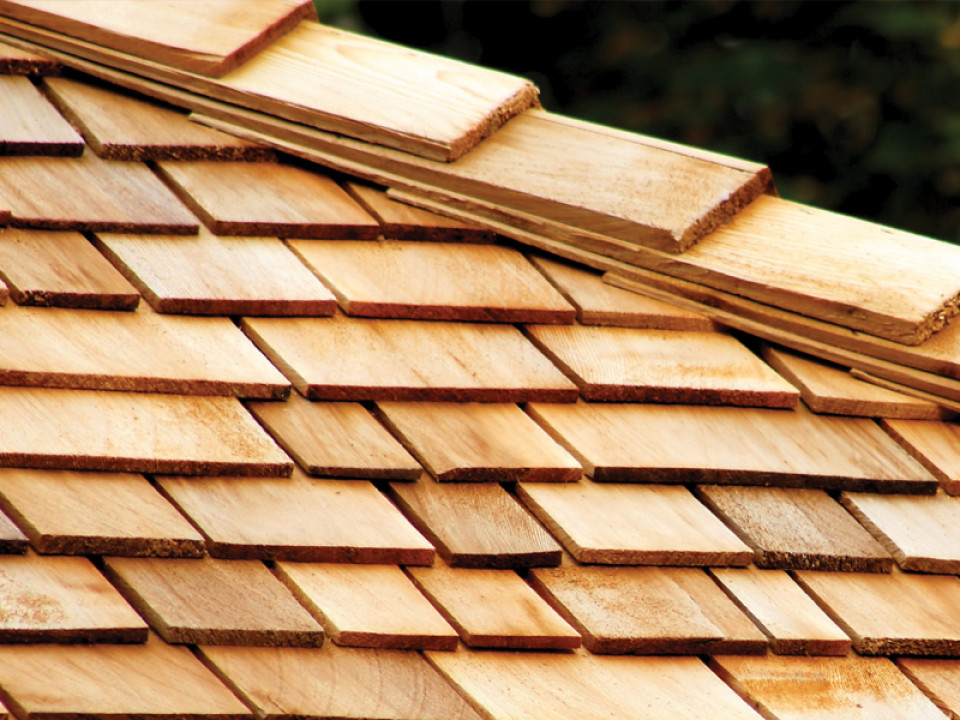
source : eastcoastliving.ca
Wooden shakes or wooden shingles are made from thin layers of wooden materials, either white pine or cedar. They are versatile and can greatly improve a property’s appearance and appeal.
Pros
- Wood shingles add to the value and appearance of the home.
- They are easy to install and eco-friendly
- They are lightweight and less expensive compared to other roofing options
Cons
- They are prone to rot, thus affecting their lifespan as compared to options like asphalt shingles and metal roofs
- They are prone to leaks, cracks, and breaks over the years
- They are not fire retardant, making them a bad investment for homes in fire-prone areas
- They are greatly affected by inclement weather conditions, causing them to lose their color and appeal.
Concrete Roofs
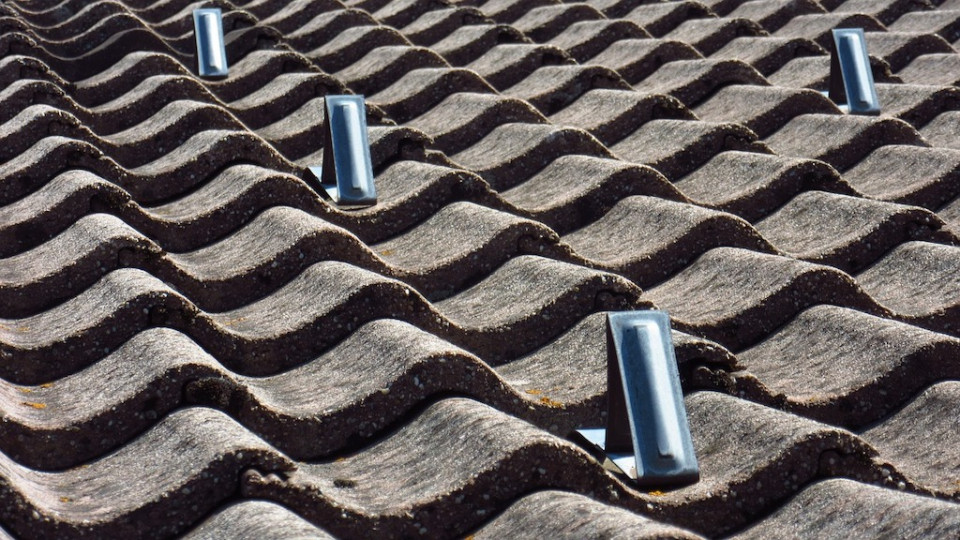
source : pixabay.com
Concrete roofs are made from layers of concrete cement. They are more popular in modern homes and are a great way to keep the home protected.
Pros
- They are long-lasting and durable
- Concrete roofs are fire-resistant and protect against mold problems
- They fit various home aesthetics and are less expensive compared to clay tiles.
Cons
- They are heavy, thus requiring heavy reinforcement to keep them in place
- They can crack over time and cause leaks
- They can be expensive to install, depending on the size of the home.
With the above information, we hope you can decide what’s best for your home. Contact a roofing professional if in doubt.

